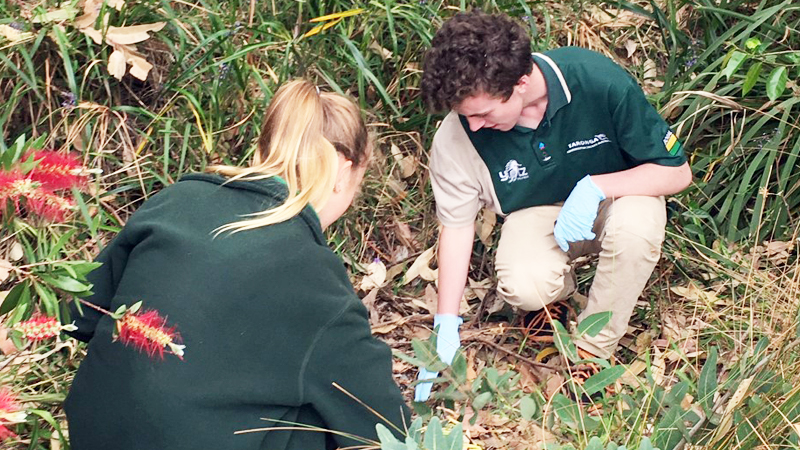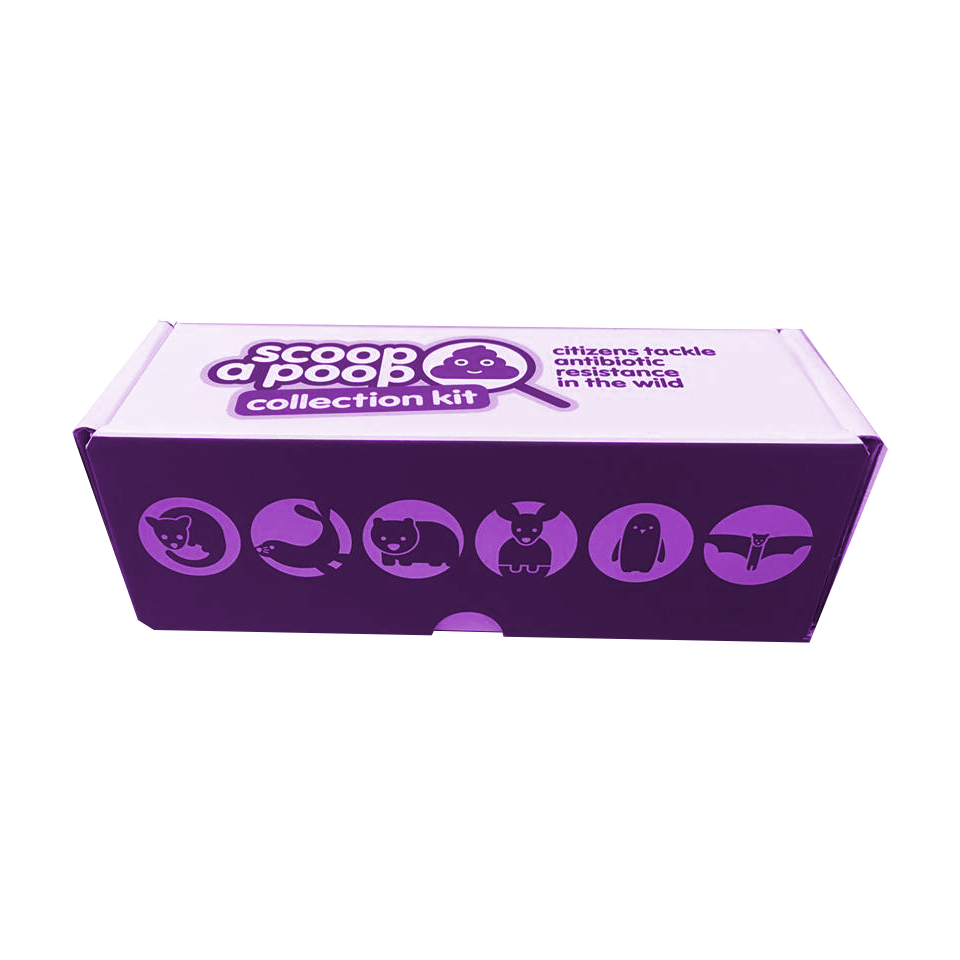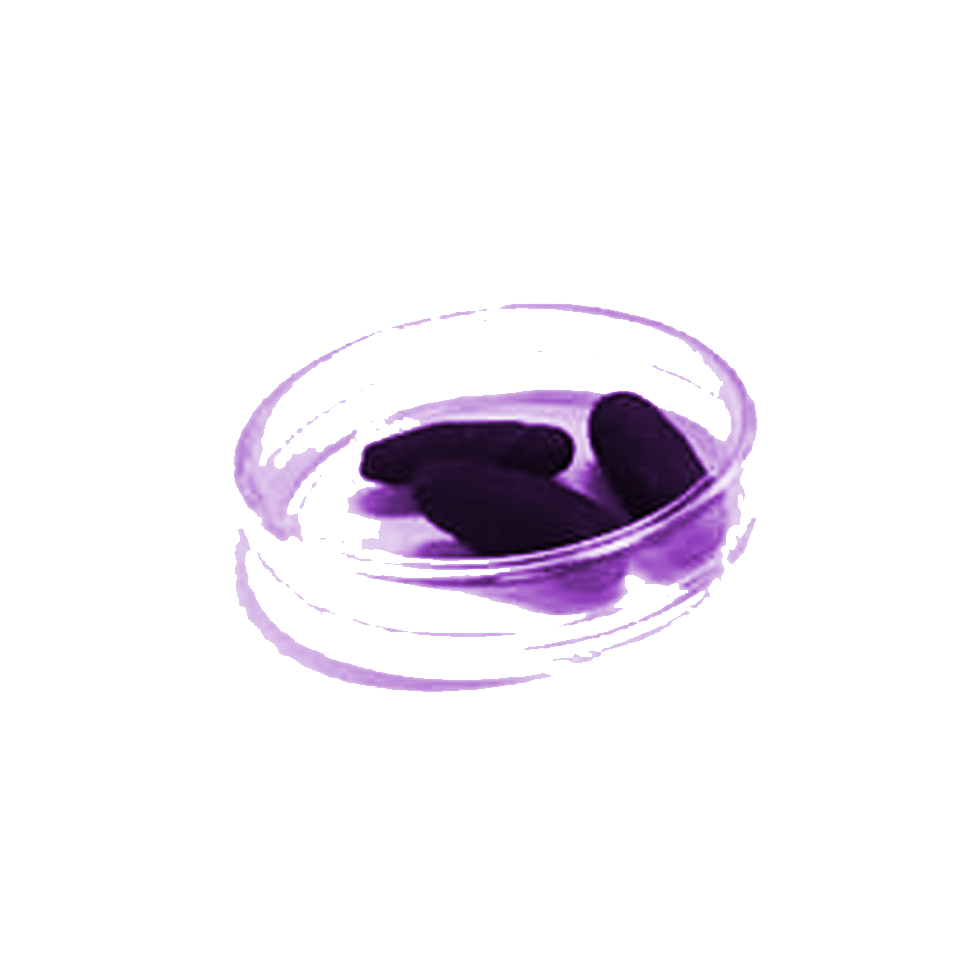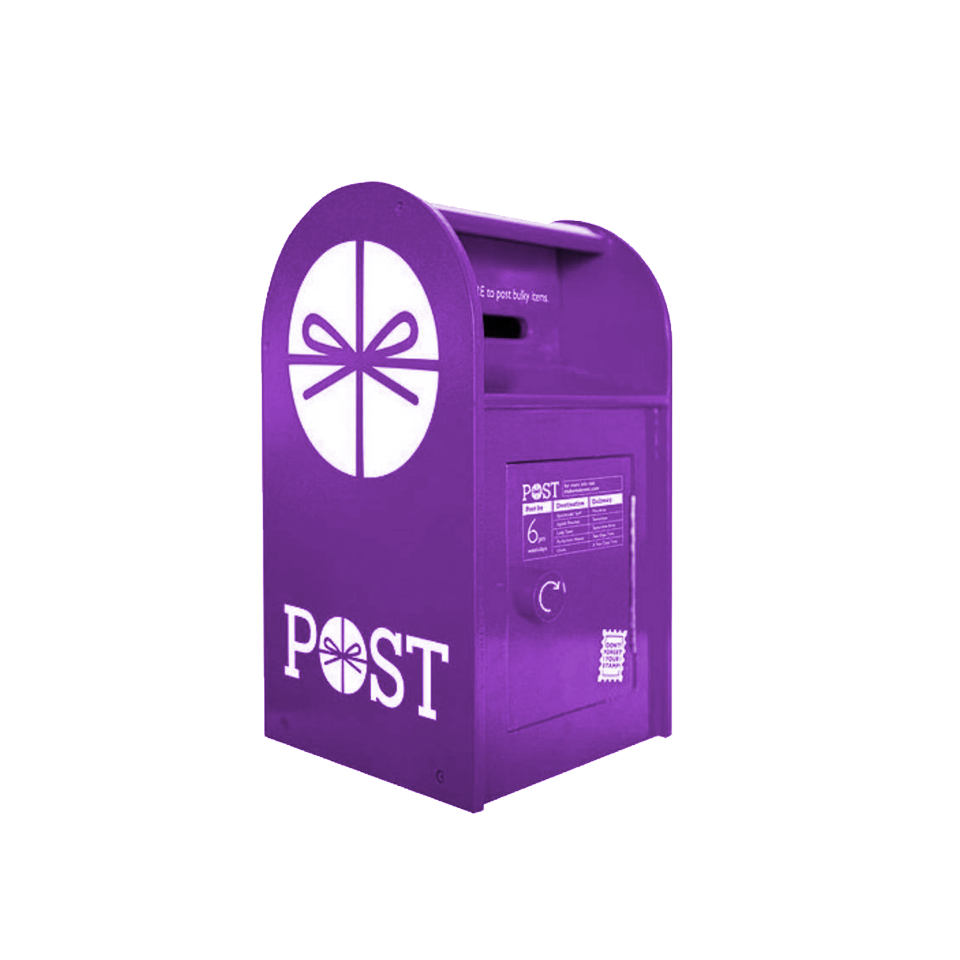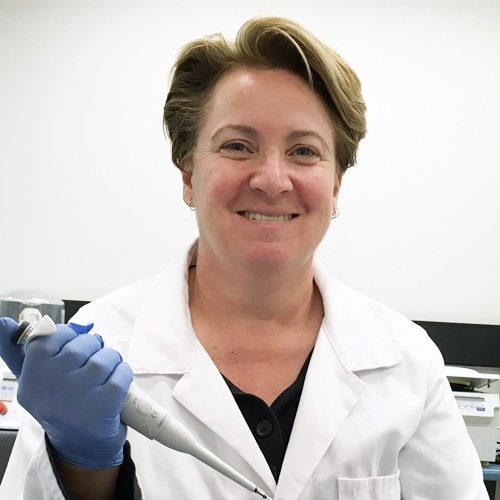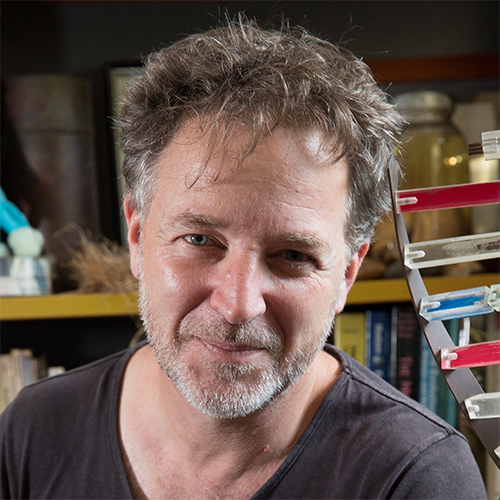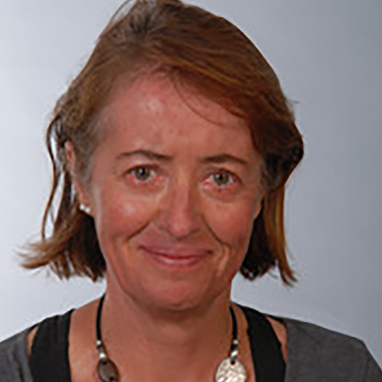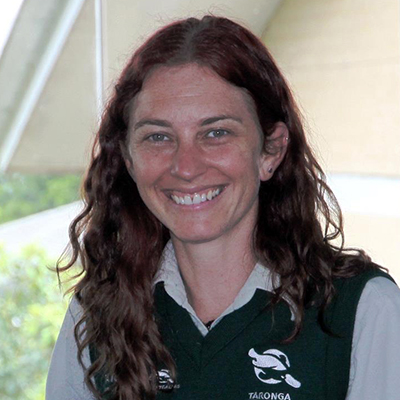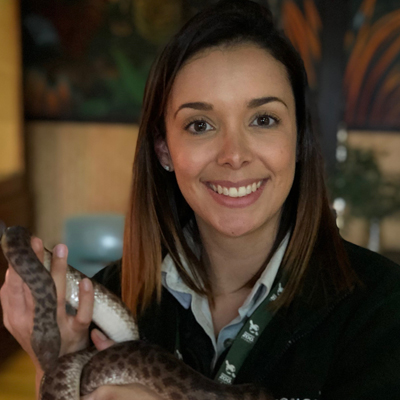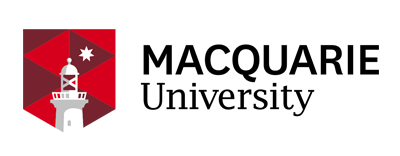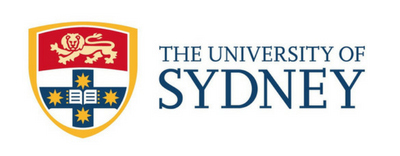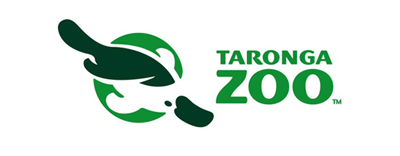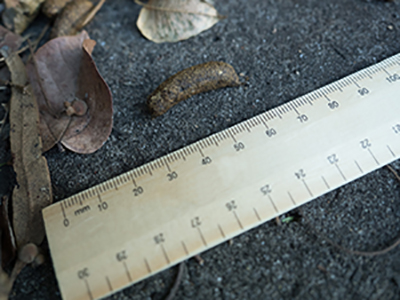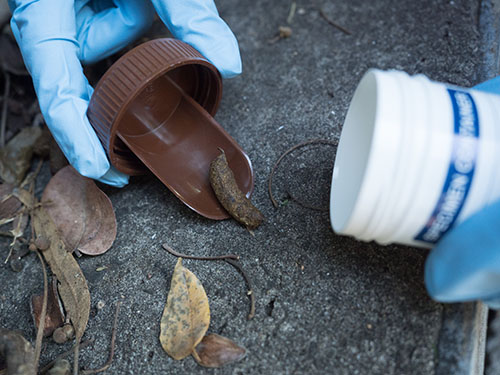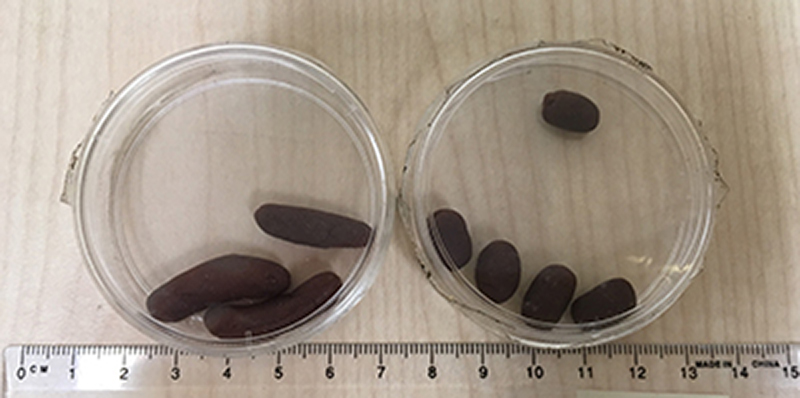Scoop a poop starts with scientists visiting schools. We introduce the project through lessons suitable for students from Year 6 to Year 11 that are tailored to the Science curriculum.
Our visit includes:
- A lesson from one of our team of biologists, about antibiotic resistance in wildlife
- A hands-on session covering kit use and the collection process
- Provision of Scoop a Poop kits for students to collect a sample from their backyard
Students return their kit to school for collection by the Scoop a Poop team.
We also offer an annual “University for a Day” program for a small number of students who have participated in possum scat collection. Students learn how to extract DNA from possum samples and test it for antibiotic resistant genes. Places in this program are limited.
Please contact Dr Koa Webster on (02) 9850 6289 or fse.scoopapoop@mq.edu.au to sign up your school to the outreach program.



